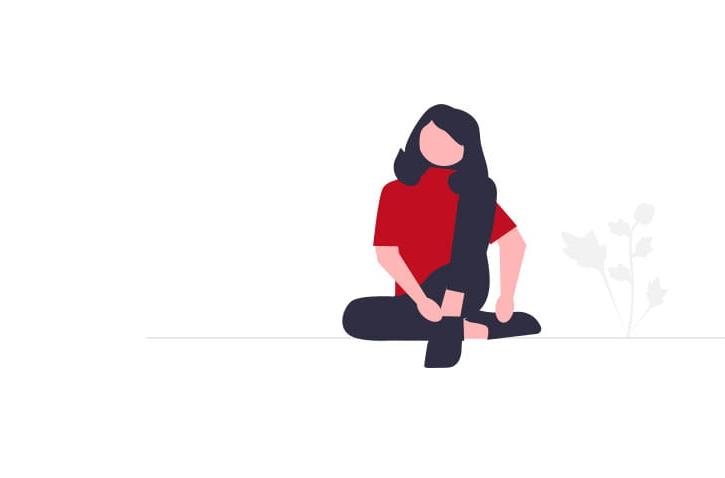心力衰竭的症状和体征
If you have more than one or more symptoms of 心脏衰竭, even if you haven't been diagnosed with any heart problems, report them to your health care professional and ask for an evaluation of your heart.
This table lists the most common signs and symptoms of 心脏衰竭, explains why they occur and describes how to recognize them.
| 体征或症状 | People with 心脏衰竭 Might Experience... | 为什么会这样 |
|---|---|---|
| Shortness of breath (also called dyspnea) | ... breathlessness during activity (most commonly) or while at rest. Sometimes it comes on suddenly at night, making it very hard to breathe unless you get up and move around. You may need several pillows to raise your upper body so you can breathe more easily. | Blood "backs up" in the pulmonary veins (the vessels that return blood from the lungs to the heart) because the heart can't keep up with the supply. This causes fluid to leak into the lungs. |
| 持续咳嗽或喘息 | ... coughing that produces white or pink blood-tinged mucus. | Fluid builds up in the lungs (see above). |
| Buildup of excess fluid in body tissues (edema) | ... swelling in the feet, ankles, legs, fingers, abdomen and in other tissues and organs. 因此,体重增加是很常见的. | If you have 心脏衰竭, your heart doesn’t pump with enough force. This means that not enough blood is pumped out of the heart with each heartbeat. 然后, because the heart isn’t emptying as it should, blood returning from the body can’t enter the heart and backs up in the veins. This forces fluid from the blood vessels into other tissues, causing swelling (edema). |
| 疲劳,疲劳 | ... a tired feeling all the time and difficulty with everyday activities, 比如购物, 爬楼梯, 拿着杂货或走路. 你也可能在吃完东西后感到困倦, feel weak in the legs when walking and get short of breath while being active. | The heart can't pump enough blood to meet the needs of body tissues. The body diverts blood away from less vital organs, 尤其是四肢的肌肉, 并将其传送到心脏和大脑. |
| 食欲不振,恶心 | ... a feeling of being full or sick to your stomach. | The digestive system receives less blood, causing problems with digestion. |
| 混乱,思维受损 | ... memory loss and feelings of disorientation. A caregiver or relative may notice this first. | Changing levels of certain substances in the blood, 比如钠, can result in reduced blood flow to the brain, 这会引起混淆. |
| 增加 心率 | ... heart palpitations, which feel as if your heart is racing or throbbing. | To "make up for" the loss in pumping capacity, the heart beats faster. |
| 体重变化 | ... sudden weight gain or loss can be a sign that you’re developing 心脏衰竭, or that your 心脏衰竭 is progressing. Ask your health care professional how much fluid to drink every day. | Reduced blood flow to your stomach can make it harder to absorb nutrients from your food and may cause weight loss. Extra fluid retention may cause your weight increase. |
If you have been diagnosed with 心脏衰竭, it's important for you to 管理 记录下症状. Your health care team will tell you which 心脏衰竭 symptoms you should track. The most common are blood pressure, 心率, weight and fluid intake. You may also be asked to keep track of other factors, such as oxygen use and diuretic (“water pill”) use. Always report any sudden changes to your health care team.
Download our Self-Check Plan for help with tracking your 心脏衰竭 symptoms:














